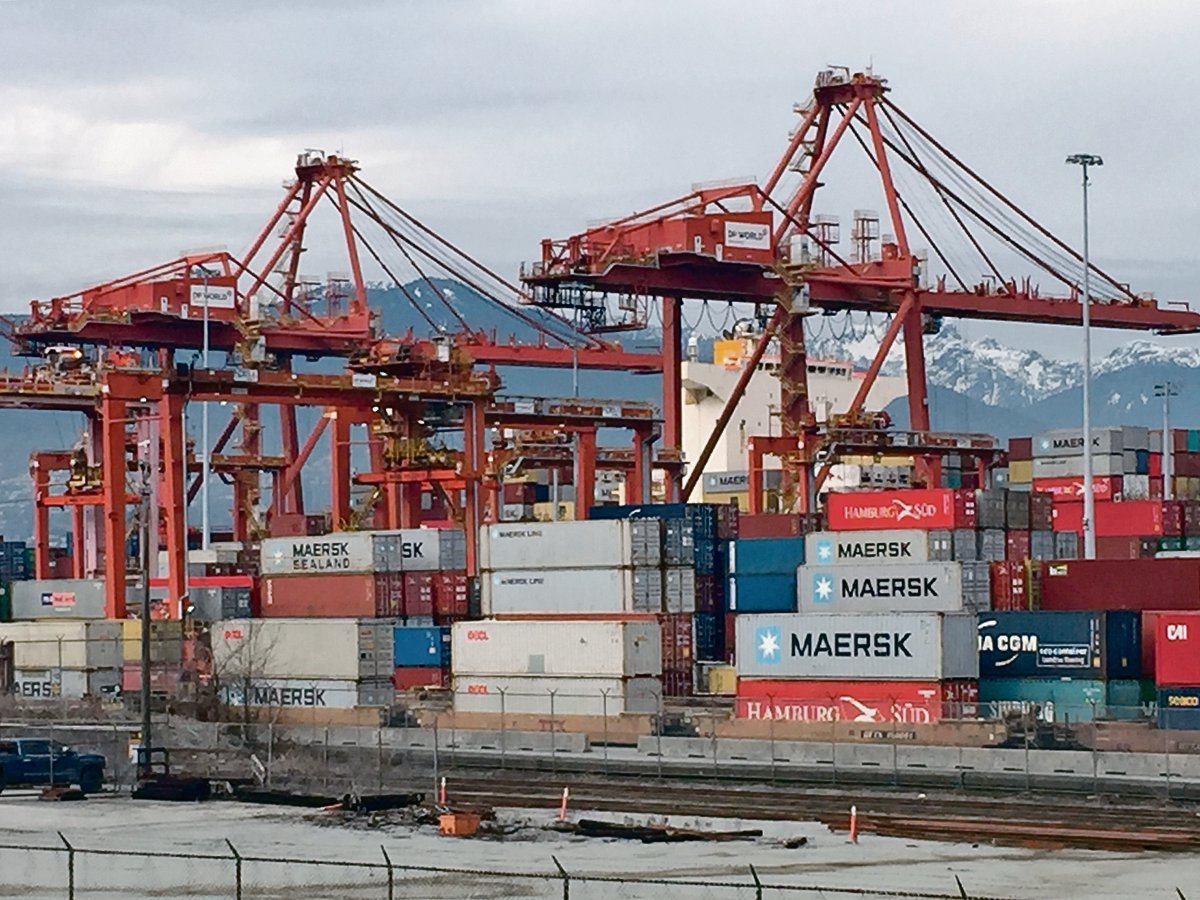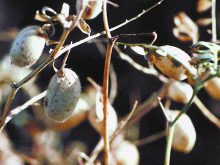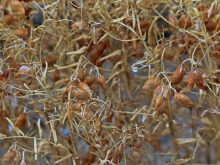WASHINGTON, D.C. — Members of the U.S. International Trade Commission expressed puzzlement and astonishment last week as they struggled to understand how the Canadian Wheat Board operates.
The commission was trying to sort out allegations by several U.S. farm groups that the CWB is a secretive, price-undercutting government monopoly controlling Canadian farmers.
Trade lawyer Charles Hunnicutt, representing the National Association of Wheat Growers and the U.S. Wheat Associates, declared that the CWB “exercises absolute control over every significant decision made by a Canadian wheat farmer,” controlling the production and marketing of Canadian wheat.
Read Also

Message to provincial agriculture ministers: focus on international trade
International trade stakeholders said securing markets in the face of increasing protectionism should be the key priority for Canada’s agriculture ministers.
The sharp increase in U.S. imports of Canadian feed wheat and durum, Hunnicutt said, is part of a deliberate CWB strategy “to penetrate the U.S. market by systematically undercutting U.S. prices.”
Board accused of manipulation
Andrew Wechsler, a consultant appearing on behalf of U.S. wheat growers, accused the board of “sophisticated manipulation” of sales prices. He said the board would often match U.S. market prices, but “overdeliver on protein content.”
Wechsler also contended that inadequate grain storage capacity in Western Canada forces the CWB to dump excess grain supplies at low prices. He said Western Canada has enough storage capacity to hold only 25 percent of an average crop, compared with 50 percent in Montana and North Dakota.
The U.S. descriptions, however, were rejected by representatives of the CWB and the Western Canadian Wheat Growers Association.
In response to commissioners’ questions, the CWB head of corporate policy, Harvey Brooks, explained that Canadian farmers are free to plant whatever crops they like. As the CWB makes sales throughout the year, it calls in more grain from farmers.
Contrary to some U.S. assertions, he said, Western Canada has ample storage space for a full year’s crop since extensive use is made of on-farm storage.
Richard Cunningham, a Washington trade lawyer representing the CWB at the hearing, told commissioners the board is in effect an agent for farmers, rather than an agency controlling them — “think of it as a big co-op.”
Canadian view
When Wheat Growers president Hubert Esquirol made a brief presentation to argue against import quotas on Canadian wheat, commissioners jumped at the chance to get a Canadian farmer’s view of the wheat board. They showered him with questions about whether he feels the CWB represents his interests.
“By and large the system works well,” Esquirol said, with the CWB trying to work in the best interests of farmers.
After commissioners pressed him to elaborate on whether the CWB acts like a co-op, Esquirol replied: “in an operational sense that is true, that it pools grain and everybody benefits.”
He said he is not active in standard co-ops but believes they report more information back to shareholders than the CWB does. However, “if you ask four farmers you would probably get five different answers.”
When commissioners asked how Esquirol could be positive the CWB is getting the best possible price for grain from his farm, the Wheat Growers president said there is no way to judge that
He explained that for wheat sold that day he could get an initial payment of $2.60, but would not know the final payment, and thus total price, until January 1995.














